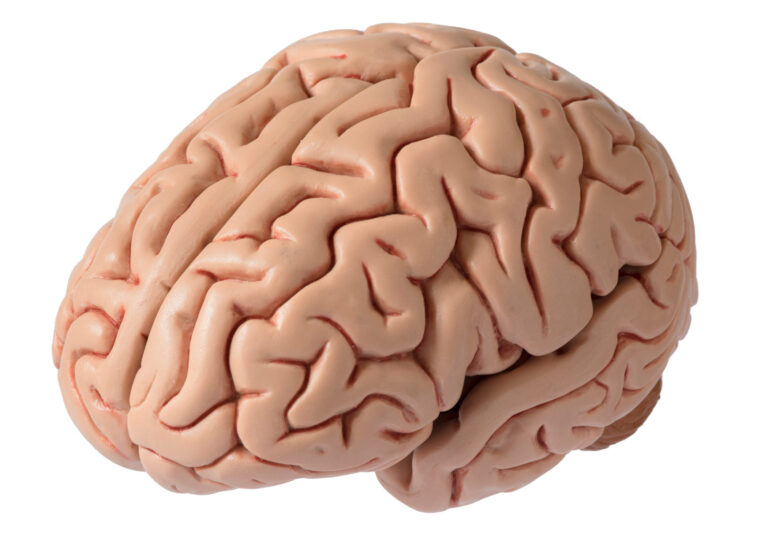**The Hidden Connection Between Allergies and Brain Inflammation**
When we think of allergies, we often picture runny noses, itchy eyes, and sneezing fits. But did you know that allergies can also affect your brain? This might sound surprising, but it’s true. Let’s explore how allergies can lead to undiagnosed brain inflammation and the symptoms you might experience.
### How Allergies Affect the Brain
Allergies happen when your immune system mistakenly identifies harmless substances like pollen, dust, or pet dander as threats. When this happens, your body releases histamine, a chemical that causes inflammation. This inflammation isn’t just limited to your sinuses; it can also affect your brain.
#### The Body’s Inflammatory Response
When you breathe in allergens, your body’s immune response kicks in. This response leads to the release of histamine, which causes inflammation. This inflammation can make you feel tired and foggy, as if you’re in a mental haze. This condition is known as brain fog.
#### Impact on Sleep
Allergies can also disrupt your sleep. Histamine can inflame the lining of your sinuses and nasal passageways, making it hard to breathe at night. This can lead to poor sleep quality, which further exacerbates brain fog. When you don’t get quality sleep, it’s harder to concentrate and focus, making everyday tasks feel like a struggle.
### Symptoms of Undiagnosed Brain Inflammation
The symptoms of undiagnosed brain inflammation due to allergies can be subtle but significant. Here are some common signs:
– **Brain Fog**: Feeling mentally fatigued, confused, or having difficulty concentrating.
– **Mood Changes**: Irritability, anxiety, or depression.
– **Fatigue**: Persistent tiredness that doesn’t improve with rest.
– **Memory Issues**: Difficulty remembering things or learning new information.
– **Headaches**: Frequent or recurring headaches.
### Other Conditions That Mimic Allergy-Related Brain Inflammation
It’s important to note that these symptoms can also be caused by other conditions, such as autoimmune encephalitis or depression. For example:
– **Autoimmune Encephalitis**: This is a condition where the immune system mistakenly attacks the brain, leading to inflammation. Symptoms include memory loss, confusion, and difficulty concentrating.
– **Depression**: Depression can cause physical symptoms like fatigue, headaches, and changes in appetite. It can also lead to brain fog and difficulty concentrating.
### What to Do If You Suspect Undiagnosed Brain Inflammation
If you’re experiencing any of these symptoms and suspect that they might be related to allergies, here are some steps you can take:
1. **Consult a Doctor**: Talk to your healthcare provider about your symptoms. They can help determine if your allergies are causing brain inflammation.
2. **Allergy Testing**: Get tested for allergies to identify the specific allergens causing your symptoms.
3. **Treatment Options**: Depending on the severity of your allergies, your doctor might recommend medication, immunotherapy, or lifestyle changes to manage your symptoms.
4. **Sleep Hygiene**: Improve your sleep habits by avoiding allergens at night, using a humidifier, and maintaining a consistent sleep schedule.
### Conclusion
Allergies are more than just a runny nose or itchy eyes. They can also lead to undiagnosed brain inflammation, causing symptoms like brain fog, mood changes, and fatigue. If you’re experiencing these symptoms, it’s crucial to consult a healthcare provider to determine the underlying cause and find the right treatment. By understanding this hidden connection, you can take steps to manage your allergies and improve your overall health.




